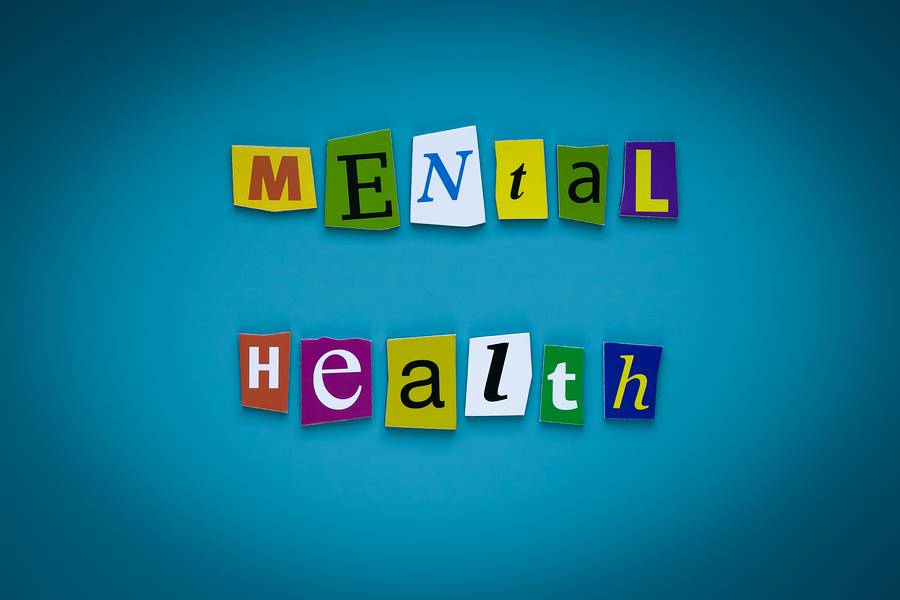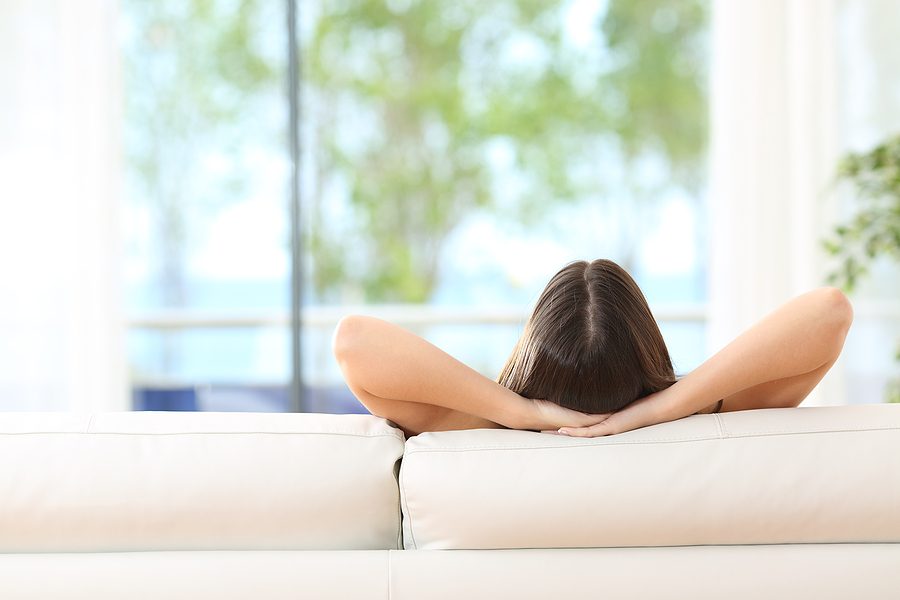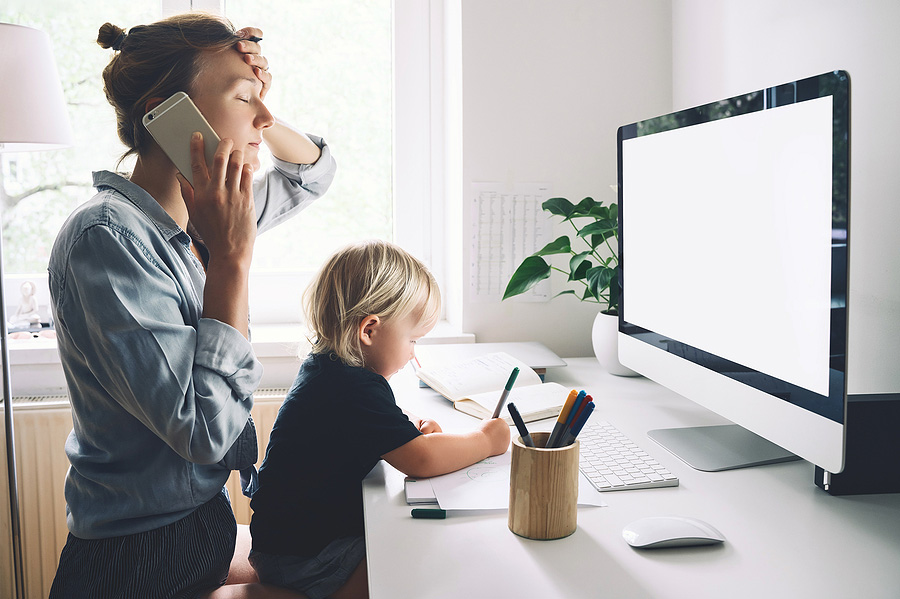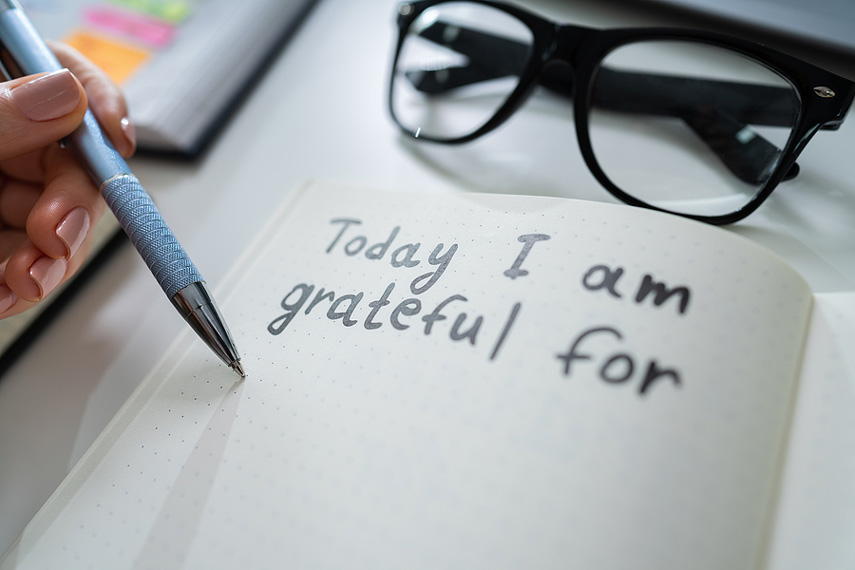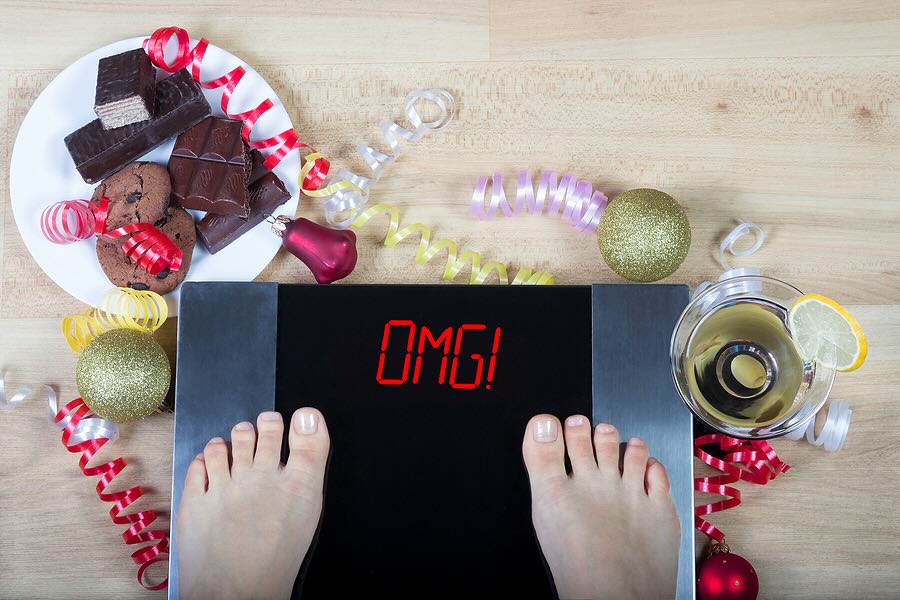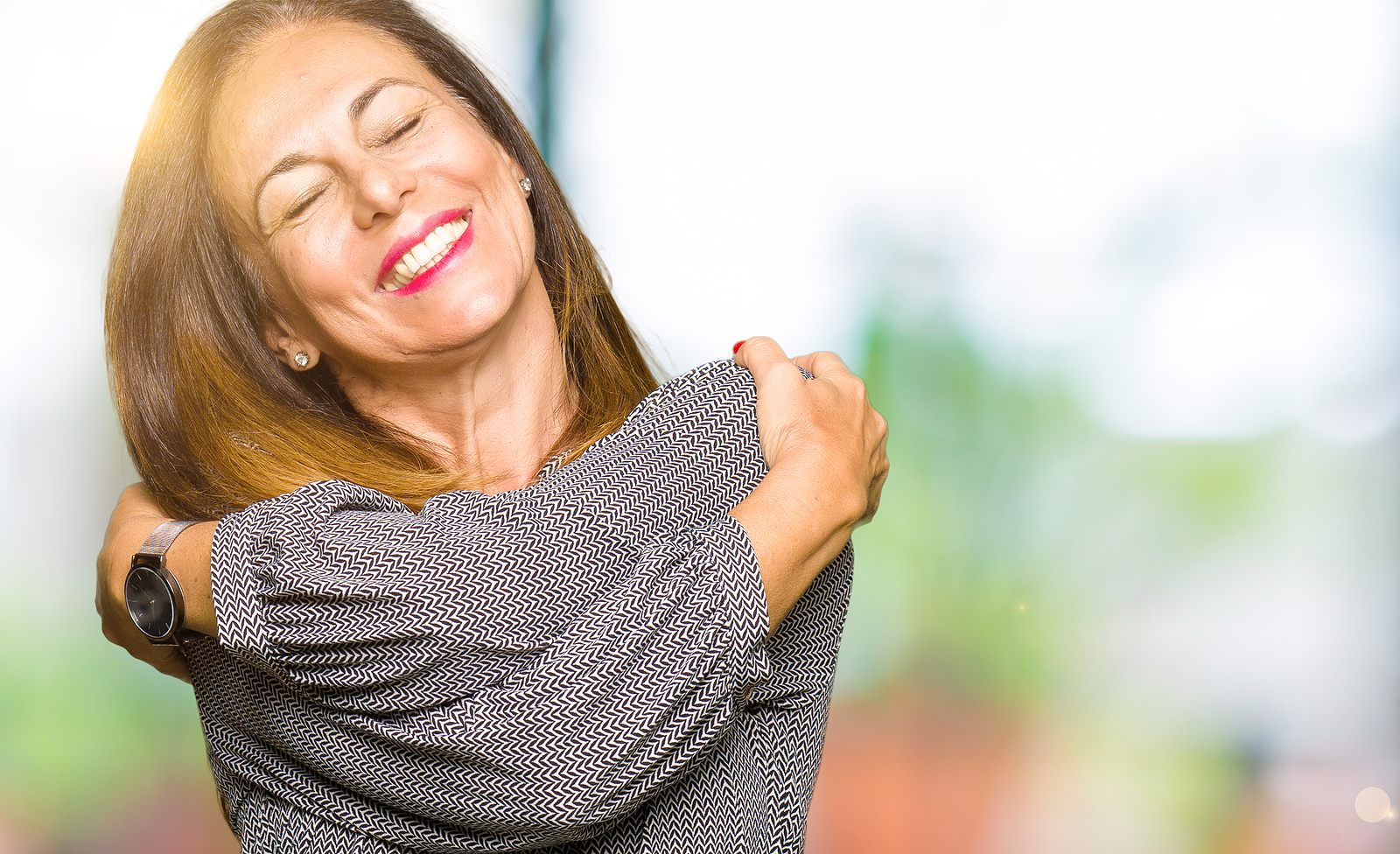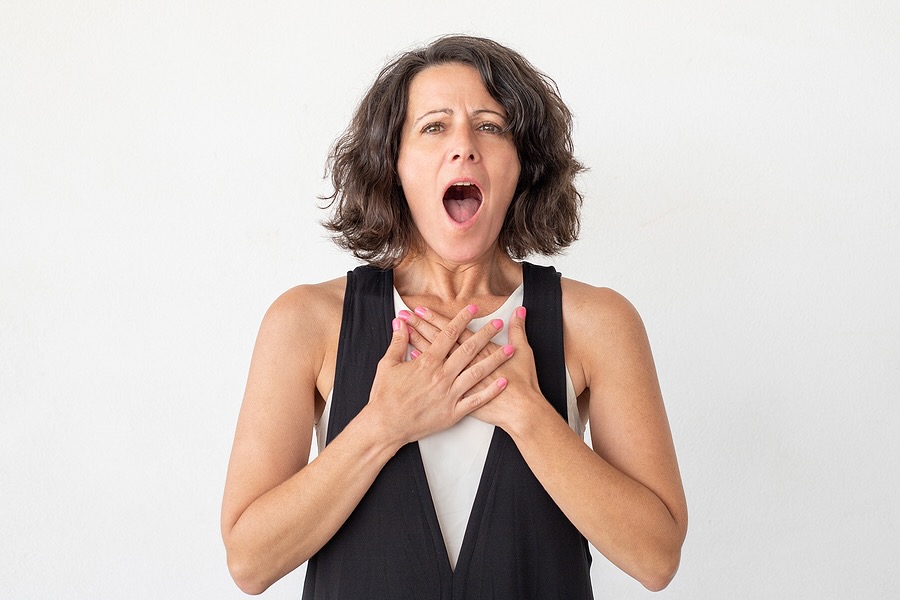I have seen and heard many people offering advice on how to stay healthy during the COVID-19 crisis in recent weeks. I’ve written several articles myself that are full of information on keeping your immune system strong, supporting your adrenals, and protecting yourself against the virus as best you can.
All of that information is necessary and important to have. But there’s something that, until recently, seemed to be left out of the discussion: how the coronavirus crisis is impacting mental health. Finally, people are beginning to talk about it, and because I’m working hard to bring you hope, support and practical tips during this unsettling time, it’s time I discussed it too. Taking care of yourself emotionally is just as important as caring for your physical health during this confusing and uncertain era.
Let’s take a look at how mental health impacts physical health (and vice versa), statistics on how COVID-19 is impacting mental health in the US, and what might be causing that impact. Then I’ll give you some practical suggestions for protecting your mental health as we all find our new normal.
The connection between physical and mental health
For decades, I’ve talked about how mental health and physical health are intrinsically linked. You really can’t have one without the other. Research clearly demonstrates that the road goes both ways – your physical health impacts mental health, and your mental health impacts physical health.
A chapter in Promoting Mental Health, a 2005 report of the World Health Organization, Department of Mental Health and Substance Abuse in collaboration with the Victorian Health Promotion Foundation and The University of Melbourne, describes the links between physical and mental health in detail. This chapter cites many studies done up to that date and offers a comprehensive look at the two way connections between physical and mental health.
Research of these relationships has certainly continued since then and it’s clear that in order to be achieve optimal health, attention to both physical and mental health are critically important.
How COVID-19 is impacting the mental health of Americans
So how are people holding up emotionally in the midst of this crisis? Data is beginning to show that the answer, for many, is “not well”. A poll by the Kaiser Family Foundation, published on April 2nd, indicated that nearly half of all adults polled reported that their mental health has been impacted by the pandemic. Almost 1/5 of them said it has had a major impact.
When you think about it, it’s surprising that the number isn’t higher. Almost every person I’ve talked to recently – clients, family, and friends – has told me that they’re worried about something. Jobs are being lost, finances are up in the air, loved ones are getting sick, supplies are hard to find – there are so many things to think about, it’s no wonder we’re worried. And worry takes a toll on mental health, whether we know it or not.
But there’s something else to consider – and this might be the most important piece of all, when it comes to mental health. Many of us have deeply buried emotional trauma that is now rising to the surface, demanding that we deal with it.
Why is the coronavirus crisis impacting our mental health so severely?
If you have lived with anxiety or depression for a long time it’s highly likely that a crisis of this magnitude will cause an additional strain on your mental health. But what about those who, until now, haven’t struggled with these issues? Why are so many people unexpectedly finding themselves unable to easily navigate the difficult feelings they’re experiencing?
Part of it comes from the very real fear and uncertainty about your health and the health of those you love. There’s a lot about this virus that scientists still don’t understand, so there’s not a lot of clear information available. Instead, we see speculation and misinformation spiraling out of control.
Then there’s the changes in our routine. Sleep is disrupted, concentration is hard to come by, work schedules are interrupted by family needs, eating patterns are all over the place, alcohol, tobacco and other drug use may be increased as an unhealthy coping mechanism. Chronic health conditions can become worse, especially if you’re relying on processed shelf stable foods to get by.
And there’s another big factor: many people have never faced old trauma. Most of them probably don’t even recognize their past experiences as trauma! But the coping mechanisms that they’ve developed throughout their lifetimes may not be available any longer. It’s hard to keep yourself too busy to think when you’re at home for long stretches of time. Activities that helped keep you positive and brought joy (like ballroom dancing for me) have been cancelled.
Emotional trauma is buried deep for many of us. The fear and uncertainty around COVID-19 combined with the limitations on what we are able to do right now, could almost certainly trigger an internal, visceral response. And if you’re like many people, you have no idea what to do with that.
And then there are new stressors that we never dreamed of: Not being able to check in on elderly parents (who don’t know how to use modern technology, so you can’t even Facetime them); trying to work full time from home, while also helping children adapt to a new way of learning; Being bombarded with a string of alarming information about how quickly the virus is spreading; and so much more.
When you think of all these factors, a better question might be how could we expect to notbe affected emotionally?
7 Tips for Coping with Stress and Anxiety in Uncertain Times
The good news is, there is plenty you can do to take care of your mental health – even if you can’t leave your house. Here are seven ways to combat stress, anxiety and depression.
1. Acknowledge and honor any emotions that come up
So many people are feeling things they don’t even understand right now. That’s okay! Let your feelings surface, whatever they may be. So many people are talking about gratitude right now – and I agree that gratitude is a practice that can help – but that doesn’t mean you won’t have moments of despair. You are entitled to whatever feelings you have, and burying those emotions is bound to cause more problems. Acknowledging emotions that are perceived as negative is important, and you don’t need to feel guilt because you’re feeling bad.
It is important, however, not to get stuck in these uncomfortable emotions. If you’re feeling worried, for instance, don’t fight it. Give yourself a specific amount of time to feel that worry. But when that time is up, find something else to do.
2. Find ways to help others
My friend Jen was having an incredibly hard day yesterday. She found herself crying over almost anything, snapping at her children, and fighting off despair. And then she heard from a friend who has been really sick, exhibiting all the symptoms of COVID-19 though her test came back negative. Jen immediately offered to cook her friend’s family a meal, then got up and got to work. By the time she’d delivered that meal, she realized that the anxiety and sadness that had been stalking her all day had dissipated.
Helping others makes a difference – for youand your community. Anxiety often stems from the feeling of being powerless. When you take control of your life by stepping up to help others, you can find a renewed sense of purpose.
Some great ways to help others right now, while continuing to keep your distance, include: reaching out to those in your community, especially the elderly or disabled, to see if you can pick up a prescription, groceries, or just offer a listening ear; donate to food pantries or other programs helping provide food for those in need; be kind to everyone you meet – you never know what their story might be; participate in efforts to lift other’s spirits – it might be a stuffed bear in your window, acknowledgement of high school and college seniors whose final years have been disrupted, or a positive chalk message in your driveway for others to see as they walk by.
3. Pay close attention to your physical health
Now, more than ever, you want to do everything possible to be well physically. Eating fresh, local, organic whole foods is a great start. If you are having trouble finding meat in the grocery store, check with area farmers. Eat enough variety to get all the nutrients your body needs. Supplement with specific nutrients (like Vitamin D) as necessary. A high-quality multivitamin is a good idea for everyone!
Exercise, but don’t overdo it. Walking, bike riding, yoga or Pilates are good choices. If you’ve already been exercising regularly, keep up your usual pace if you can. There are a lot of great virtual exercise options, so even if the gym is closed, you can continue to work out as usual.
Set a regular sleep schedule and stick to it. If you’re having trouble sleeping at night, take naps as necessary, or supplement with melatonin to keep your sleep on track.
Set a time to meditate and/or practice deep breathing.
4. Reconnect with the natural world
I’ve been hiking on the trails near my house a lot recently, and I see more people than I have in the past enjoying these trails as well (maintaining a safe distance, of course). That’s great to see because I know the positive impact that being outdoors can have on mood and mental health.
Unless you are in a very urban area, you should still be able to get outside to enjoy nature too.
Spending time in nature has proven mental health benefits. A July 2019 article in Advances in Science summarizes consensus in research on the association between nature experiences and psychological well-being. This research has linked nature experience with a sense of purpose, decreased mental distress, positive impact on ADHD, anxiety disorders, and depression, and many other positive benefits.
5. Stay connected
We’ve been self-isolating for several weeks now. It’s far too easy to feel lonely, scared, and cut off from your support systems. But that doesn’t have to be the way it is! Advances in technology mean that this period of physical isolation doesn’t need to result in social isolation. Reach out on social media, phone, video chats, or text messages. I’ve heard many people say they’re actually connecting with some people more than they used to, since they aren’t constantly on the run. Virtual dinner parties, book clubs, and holiday dinners can help you feel connected, even if you aren’t in the same room (or even the same state or country)!
6. Step away from the news
I get it – you want to stay informed. You need to know the current guidelines, and you want to know if these measures we’re taking are making any difference at all. You want to know how impacted your immediate area is. You want to stay up to date on possible treatments that are working and know what you should do if you start to exhibit symptoms. All of that is great – but it can be accomplished by watching one news report and reading some articles from trusted sources. There’s not so much new information that you’ll miss something if you turn off the TV and find something else to do. Social media can be even worse because people tend to post things without verifying the information, so you may end up reading something that causes even more panic needlessly. Set a time each day when you’ll watch the news – perhaps when the state experts are giving an update – and avoid it the rest of the day. Give yourself a limited amount of time to check in on social media, and stick to checking in on friends or visiting uplifting pages.
7. Don’t try to handle it all alone
We all need support right now, and there are a plethora of ways that you can receive professional help right from your house. Many medical professionals (including me) are seeing clients virtually or doing telehealth via phone. Therapists are readily available, and if you are in crisis, you should call the local support hotline. There’s a lot of great information available online, if reading helps calm your fears – just be sure you’re reading a reliable source. The Centers for Disease Control (CDC) and the World Health Organization (WHO) are two of many organizations that offer information and coping tips.
The American Psychiatric Association also offers tips, as well as resources to reach out to if you need help.
We are navigating new waters right now, and we’re all trying to get by as best we can. Remember to be gentle with yourself. This is certainly one of the hardest things most of us have ever dealt with, but it can also be a fantastic opportunity. Slow down, reconnect with the family members in your household, build stronger relationships with friends near and far. And most of all remember – this too shall pass, and I believe we will emerge stronger on the other side!
One of my friends Elena Villaeuva wrote:
“From one citizen to another, I beg of you: take a deep breath, ignore the deafening noise, and think deeply about what you want to put back into your life. This is our chance to define a new version of normal, a rare and truly sacred (yes, sacred) opportunity to get rid of the bullshit and to only bring back what works for us, what makes our lives richer, what makes our kids happier, what makes us truly proud. We get to Marie Kondo the shit out of it all.”


